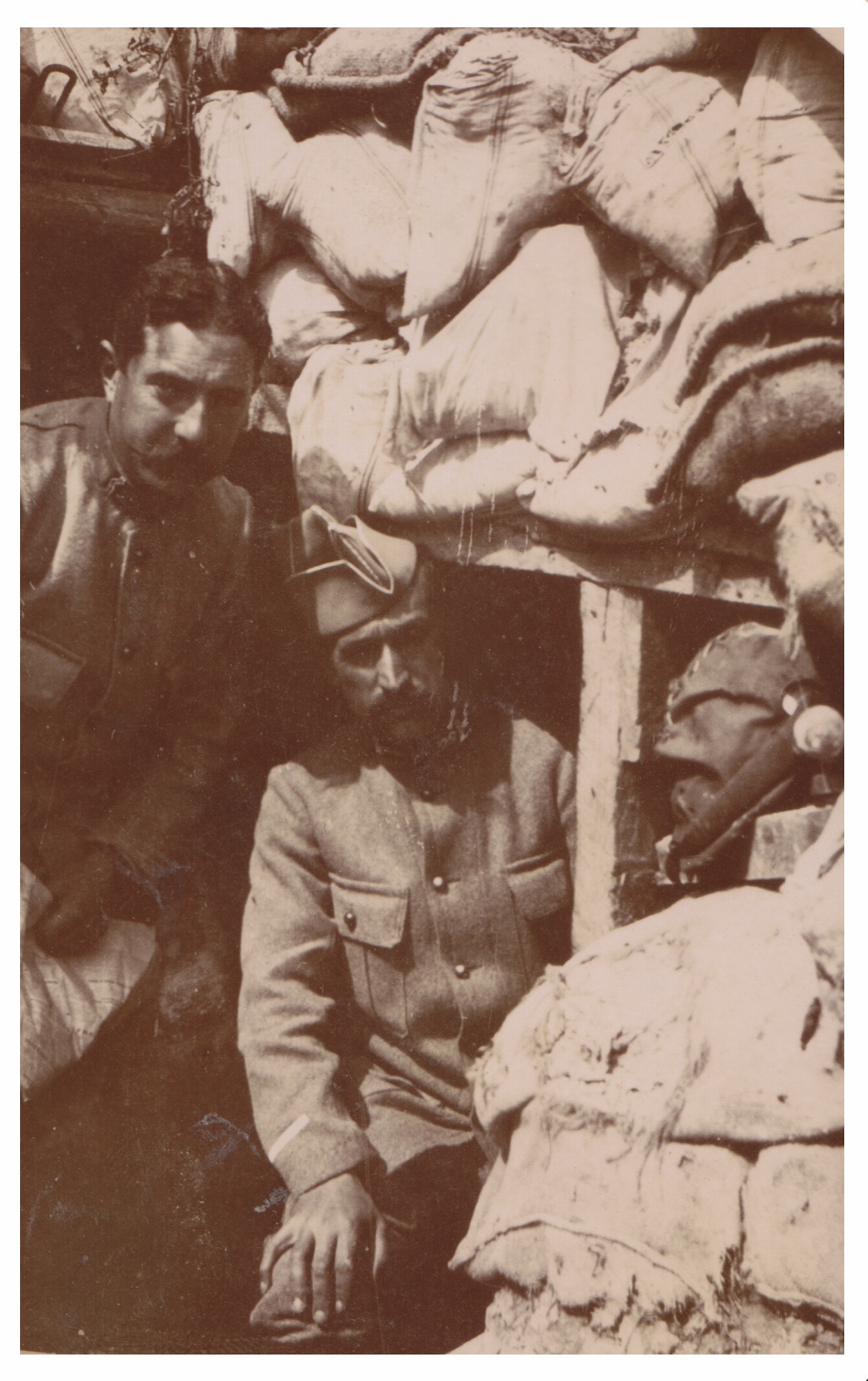My grandfather, my grandmother, and my father all died as a direct result of the First and Second World Wars. Because of this, I have a less nationalistic perspective than people living in a country that has (fortunately) not experienced a conflict since 1814.
Raised by French teachers who had just returned from the bloody quagmires of the 1940s, it is understandable that I have little enthusiasm for flags, borders, and the hatred of others. That's why I am a little saddened to receive emails asking me to boycott this or that artist just because of their place of residence.
The very notion of discrete national cultures—neatly confined to states and their territories, expressed in distinct languages (French culture in France, German culture in Germany)—is deeply tied to the rise of ethnic nationalist ideologies in the late 18th and early 19th centuries. Yet culture, like all human constructs, is fluid and ever-shifting, woven from mutable social threads. It is not a static monolith to be contained or preserved in isolation. People, languages, and cultures have always mingled; this is the story of our shared history.
To boycott or isolate any culture, therefore, is not only futile but nonsensical. We must never grant those who seek to divide and subjugate us the means to fracture the unity of culture—a collective human endeavor that transcends borders and ideologies. To do so would only make us all poorer for a very long time to come.



